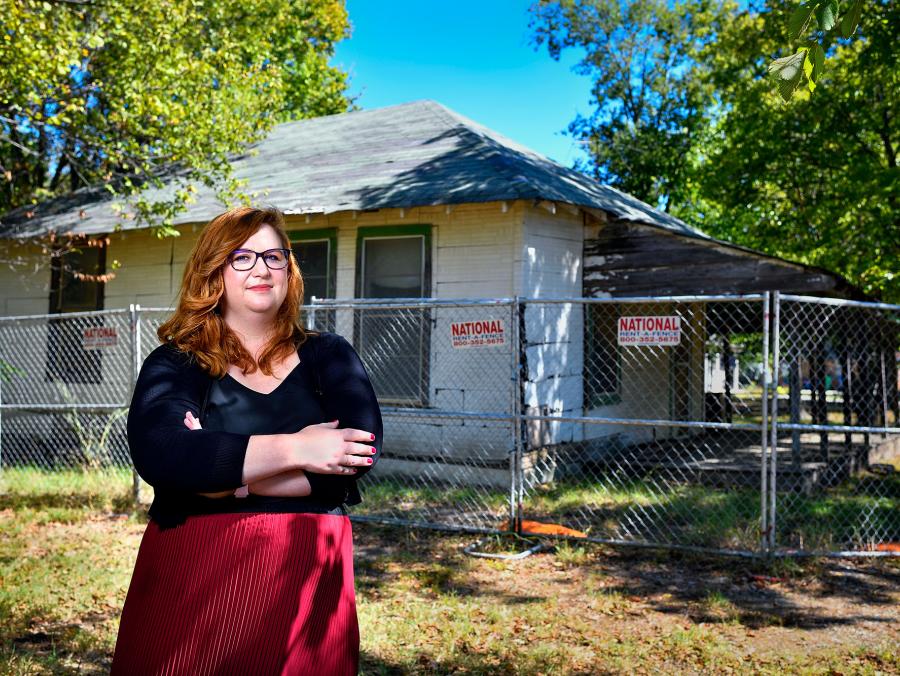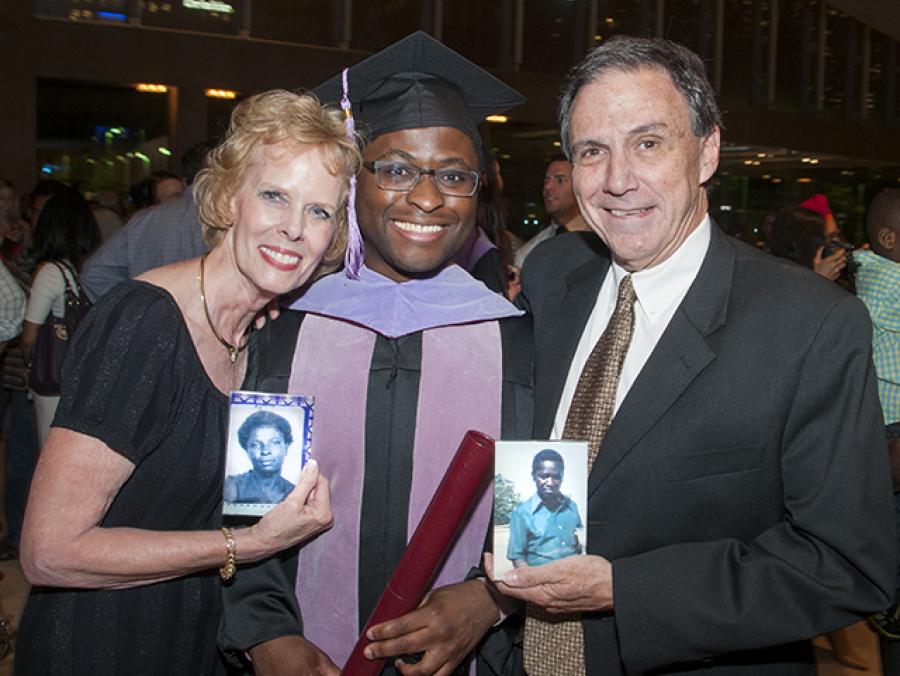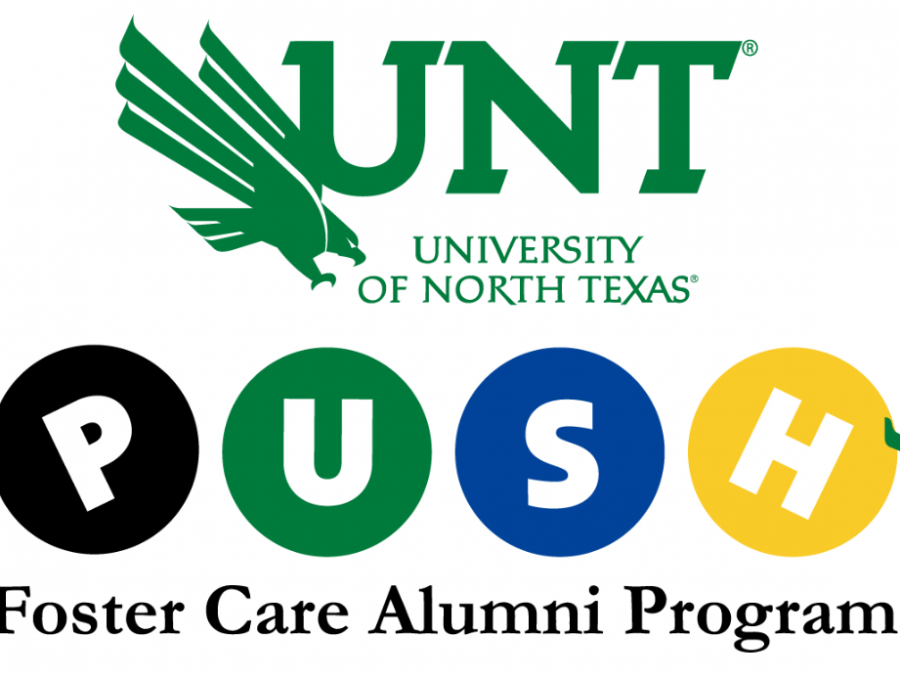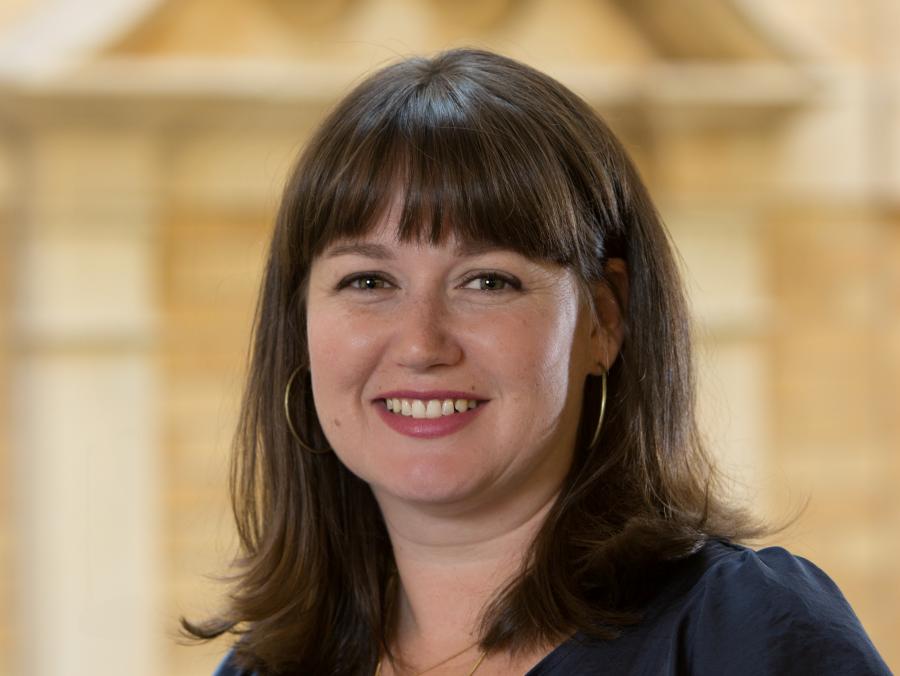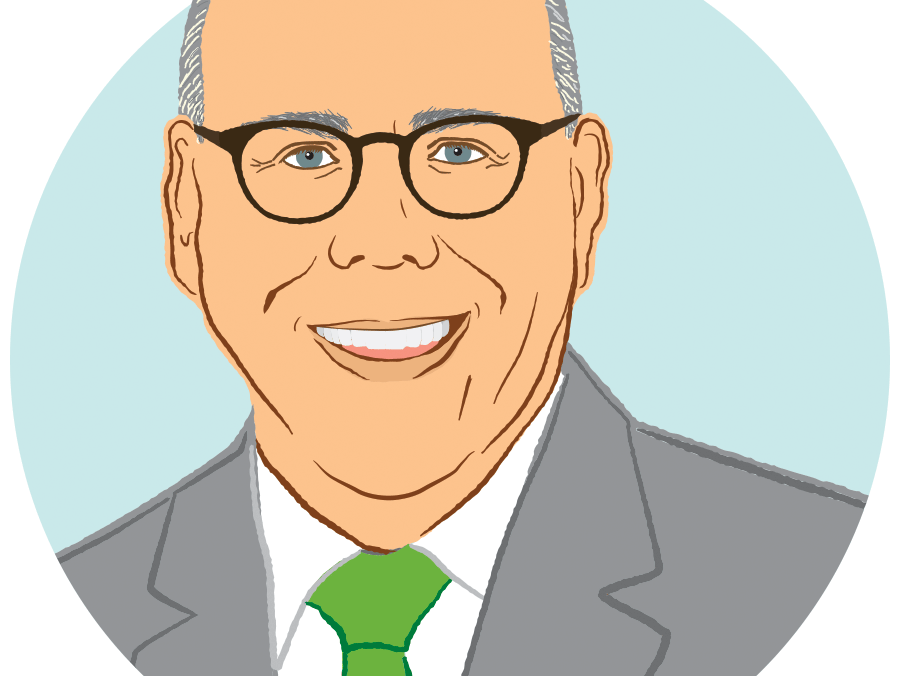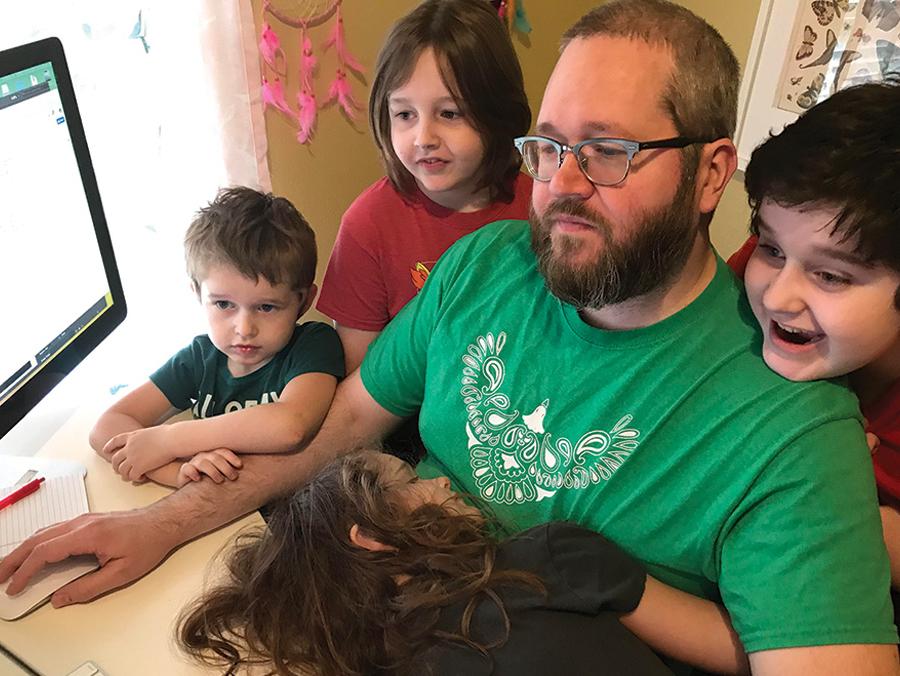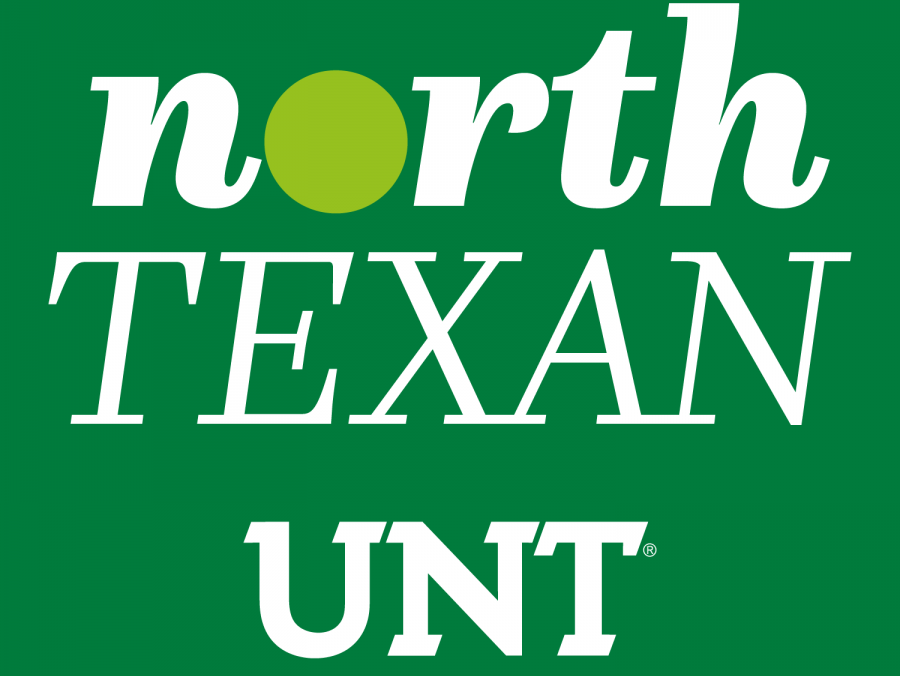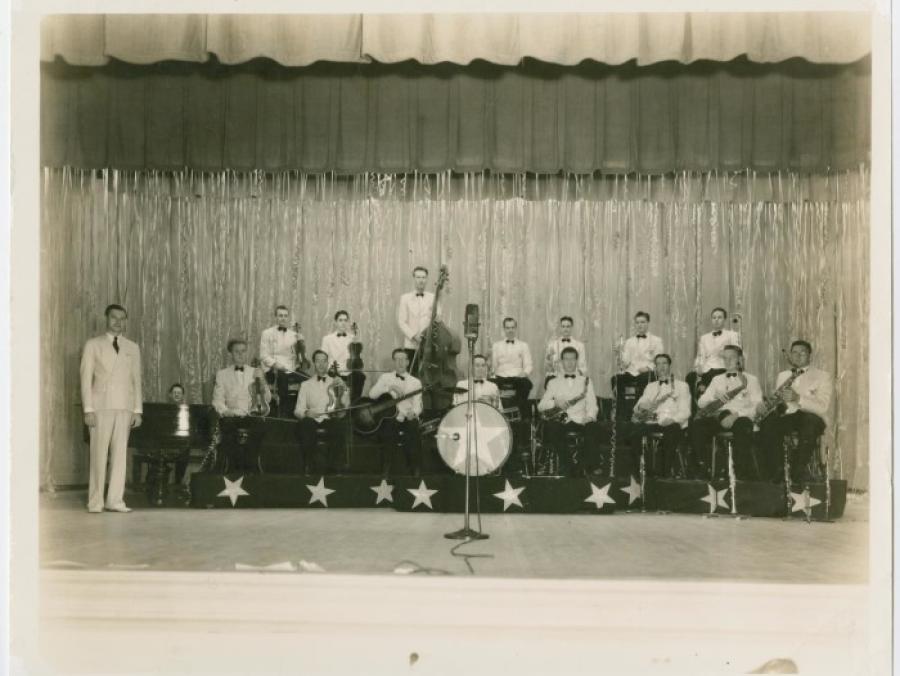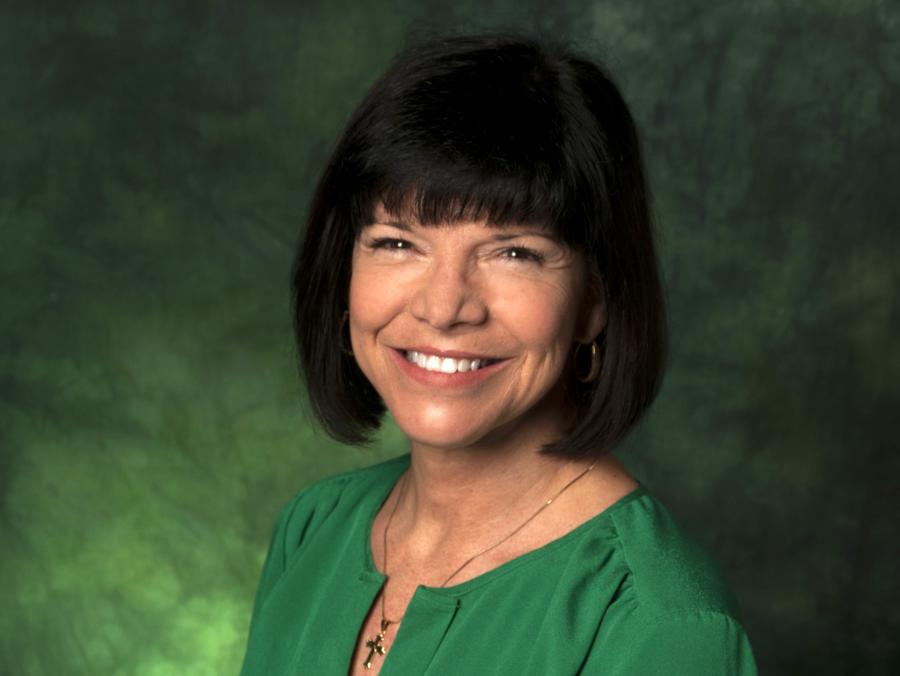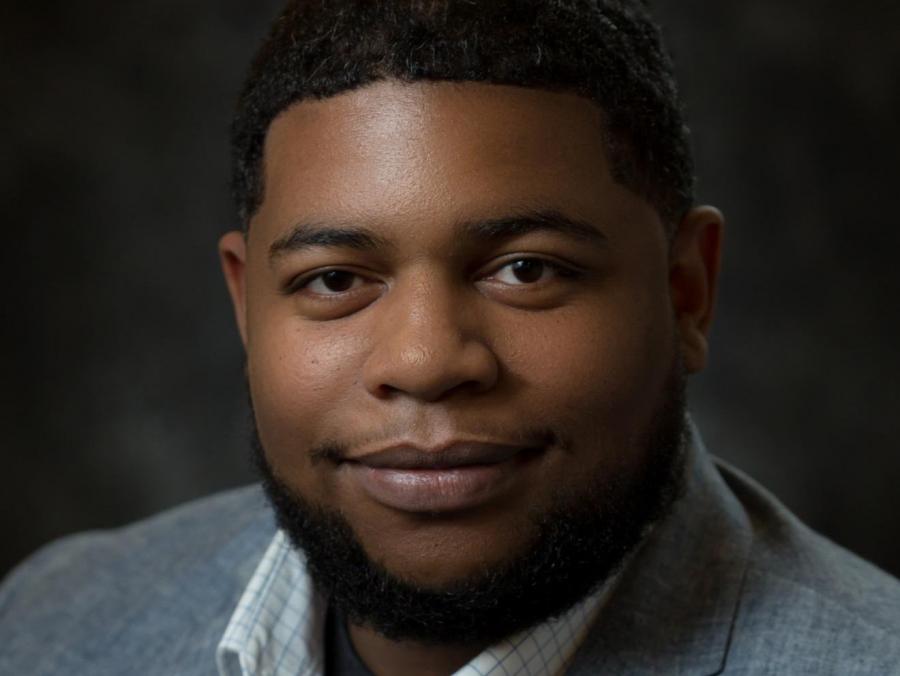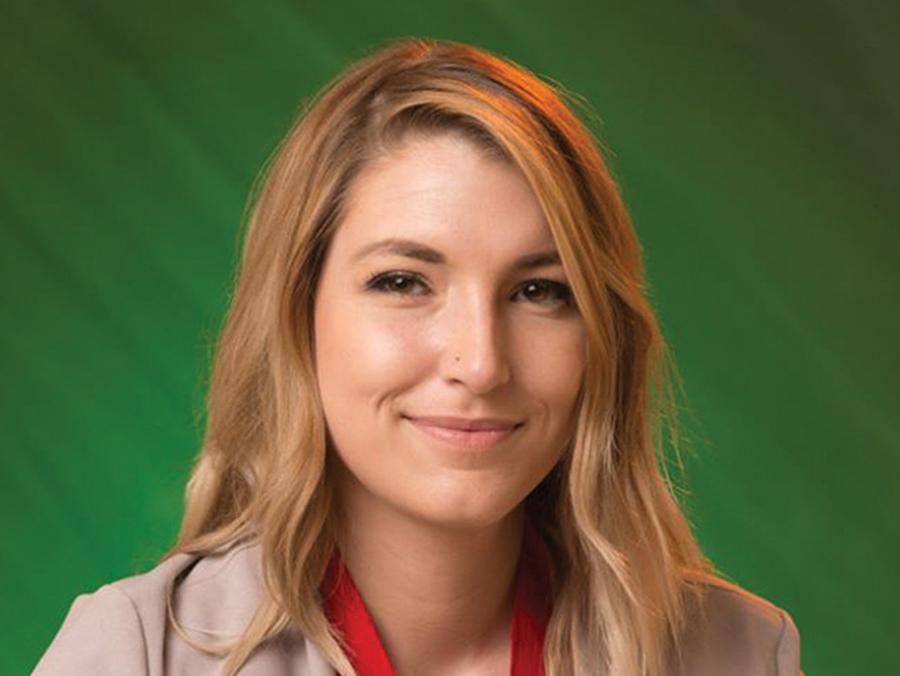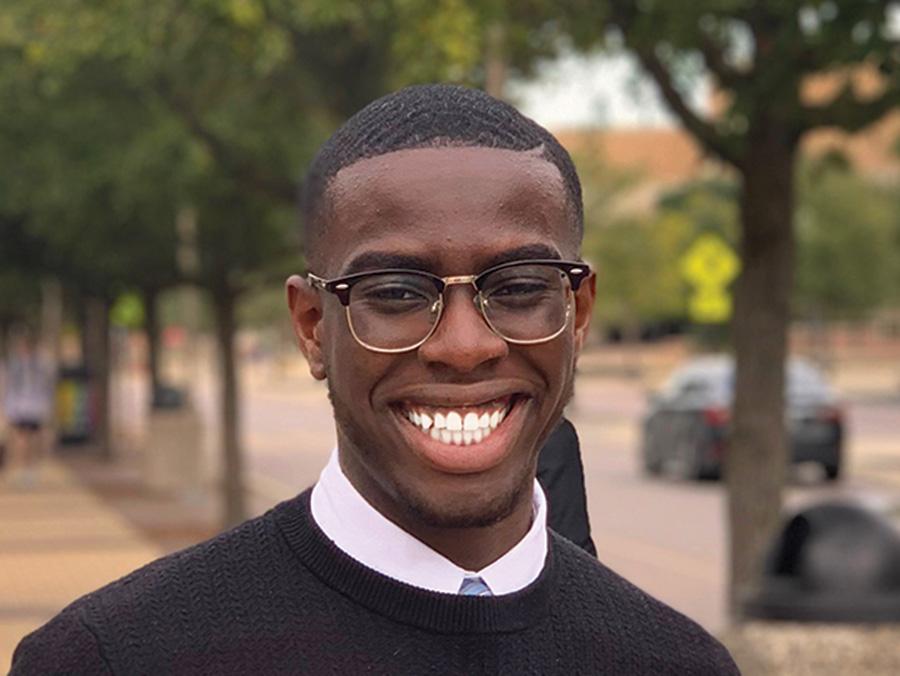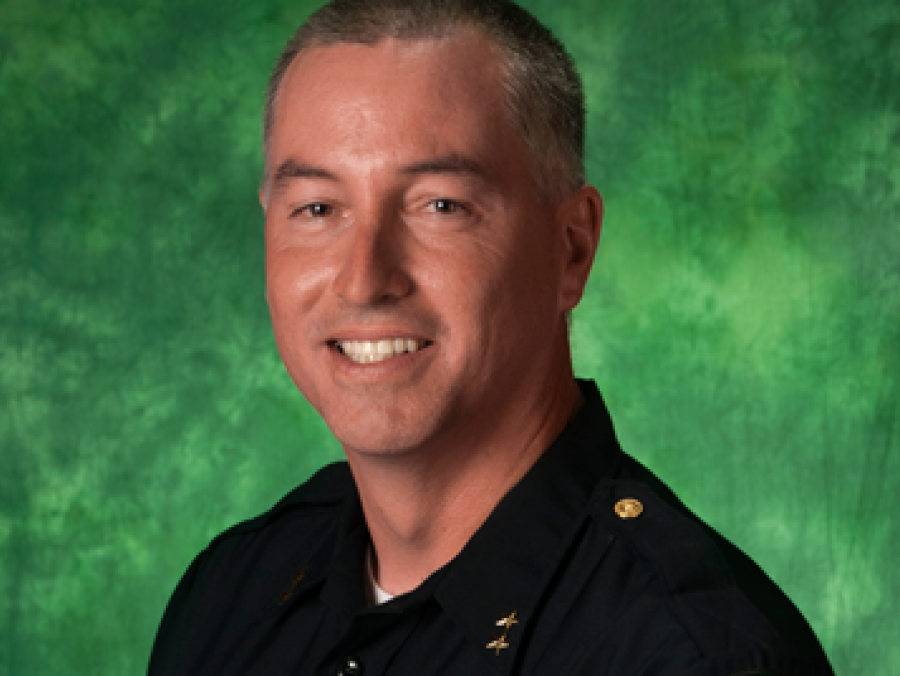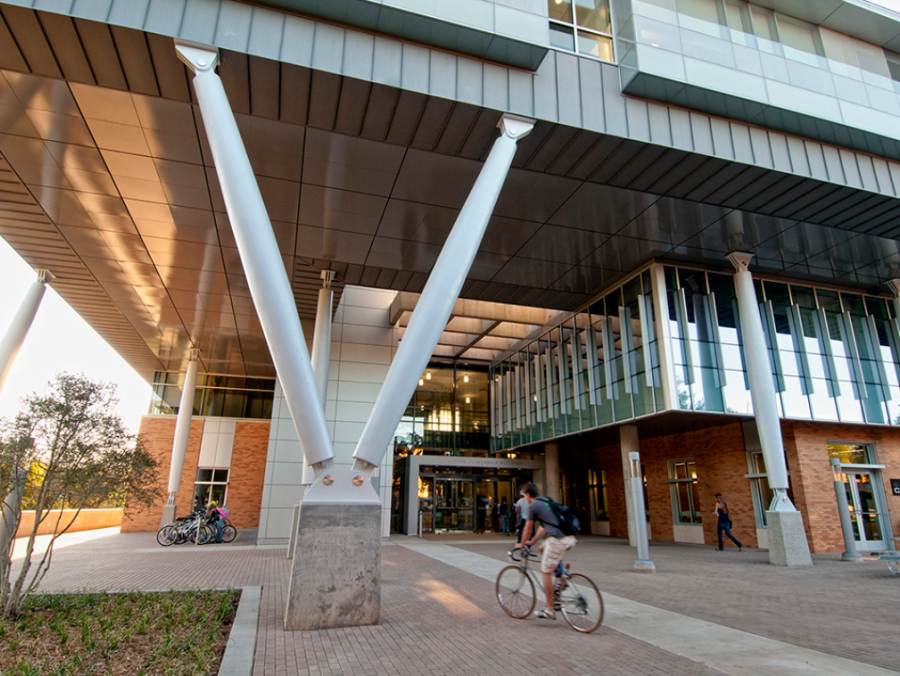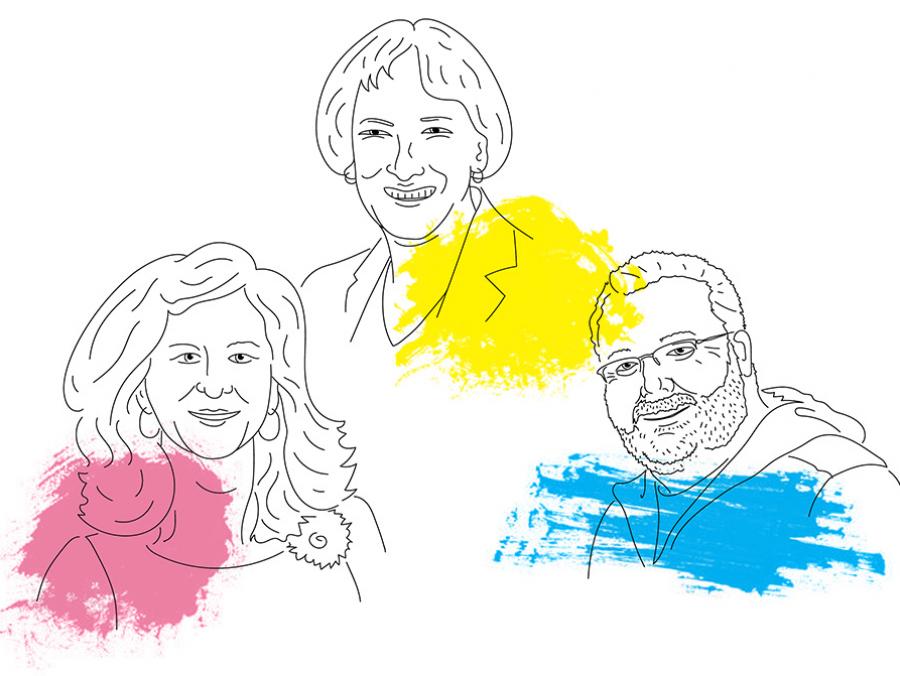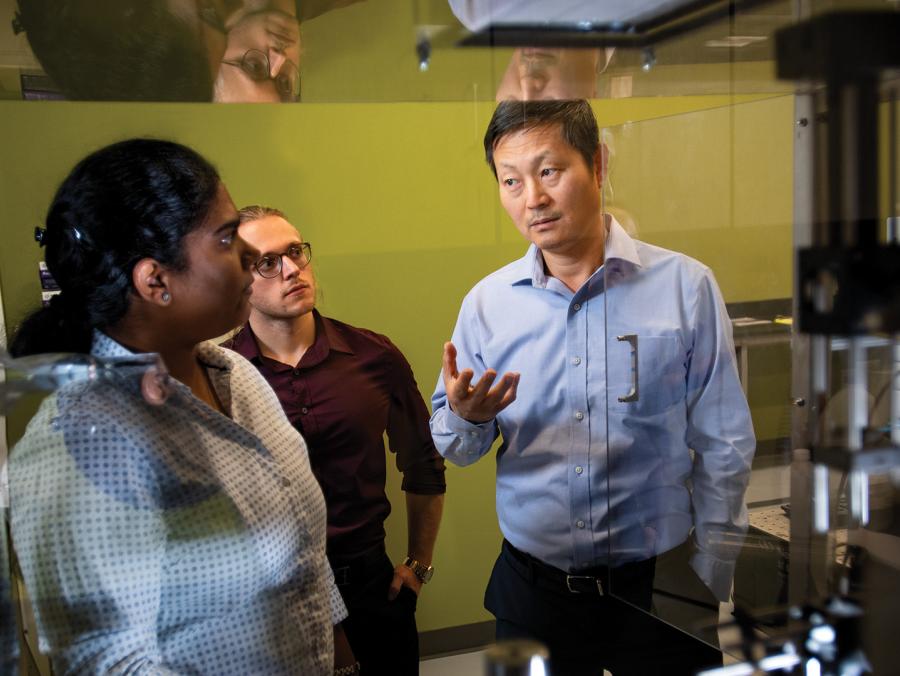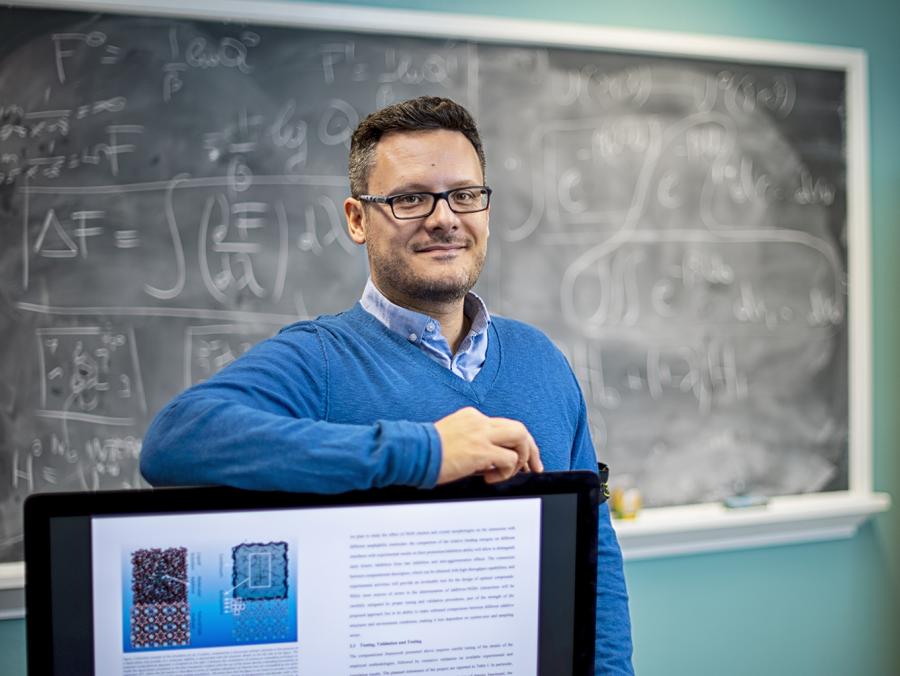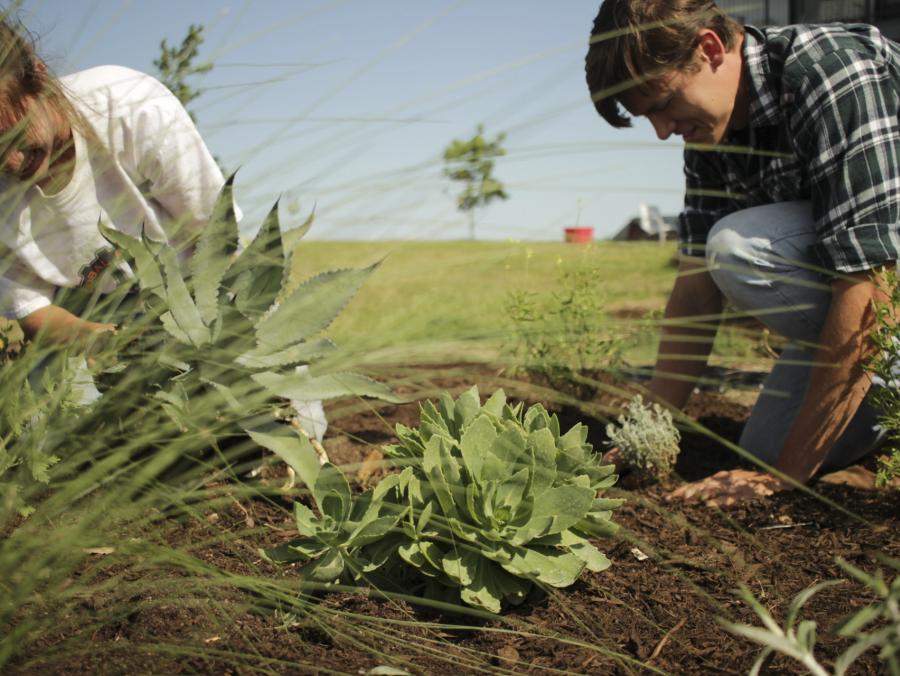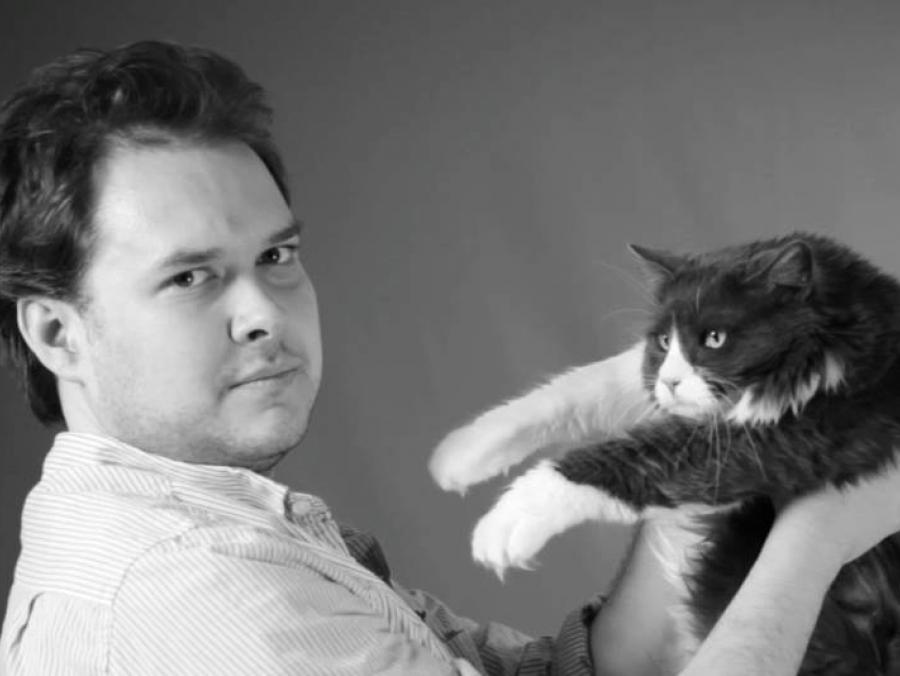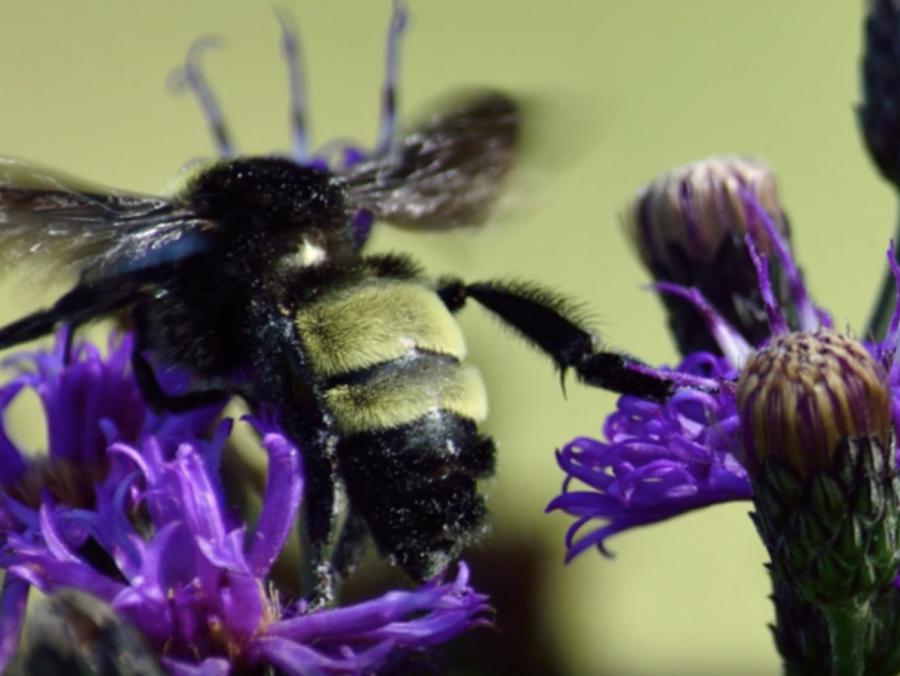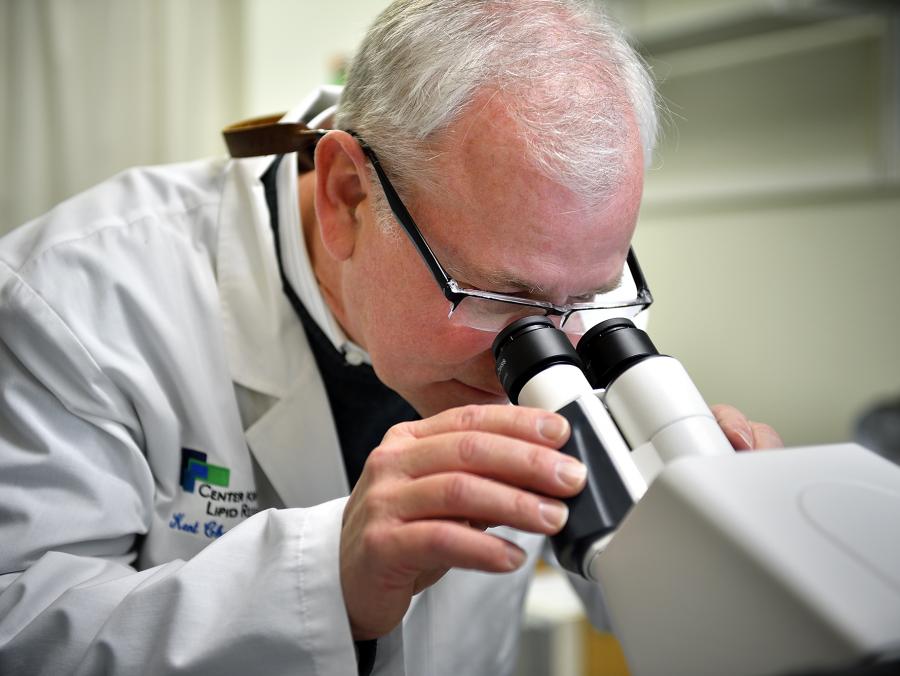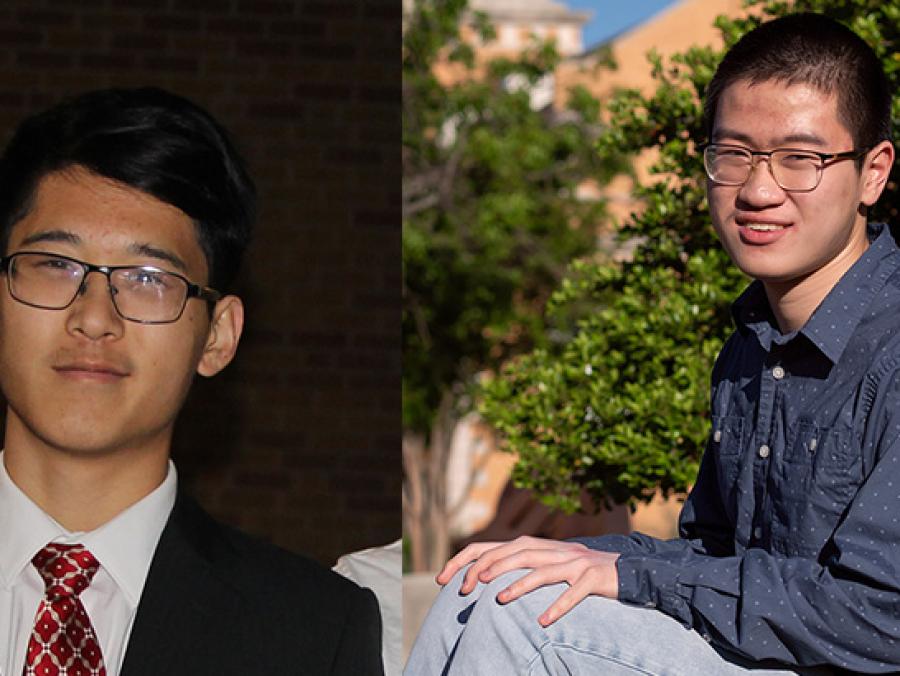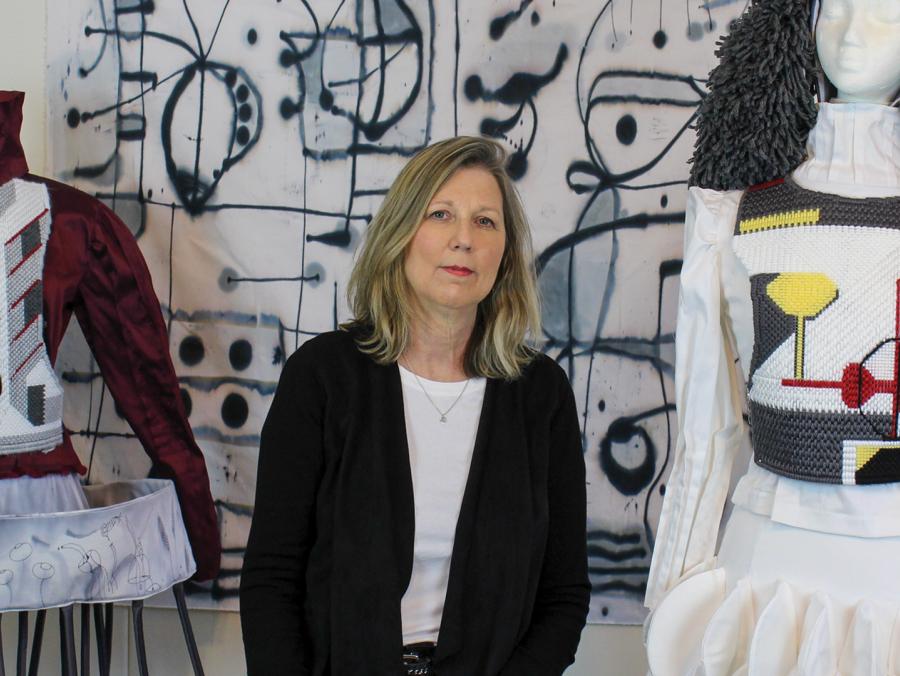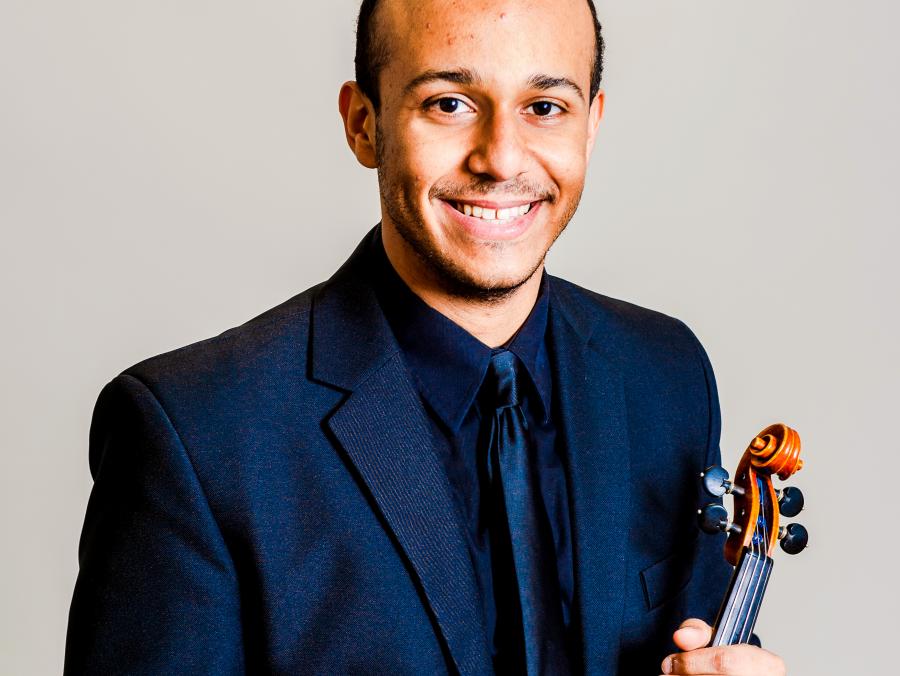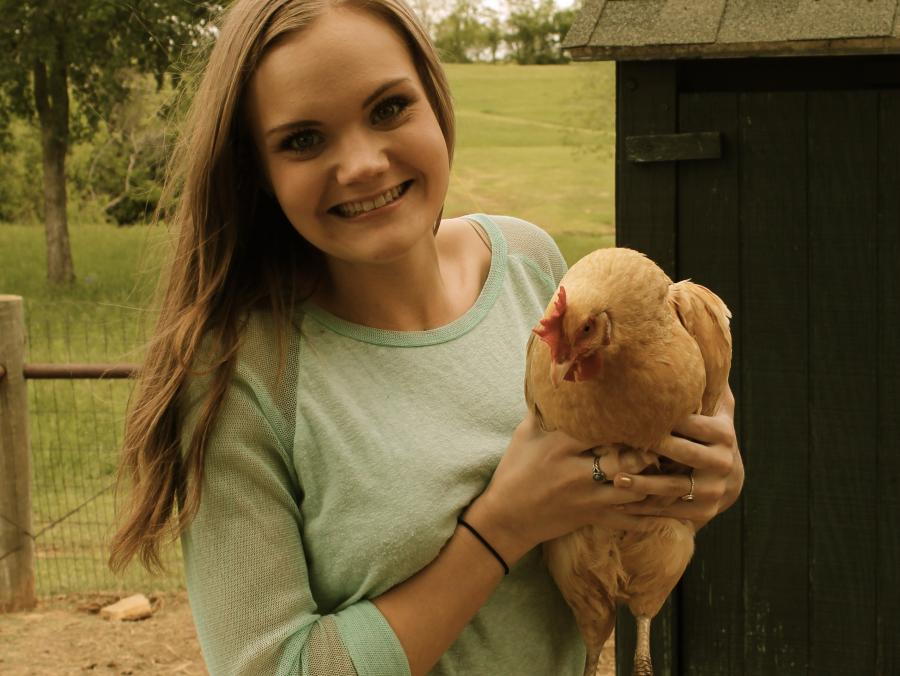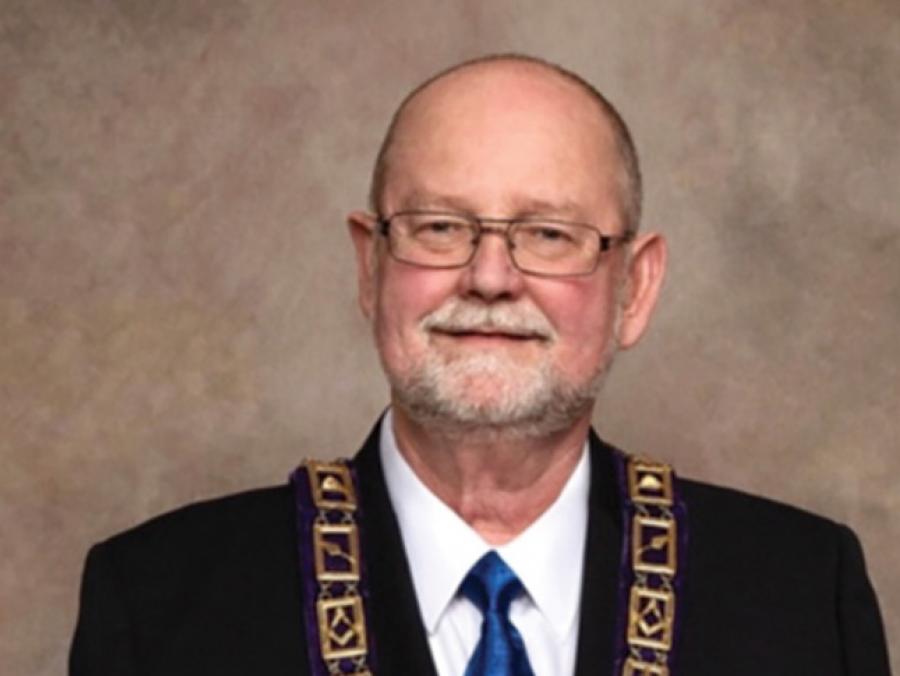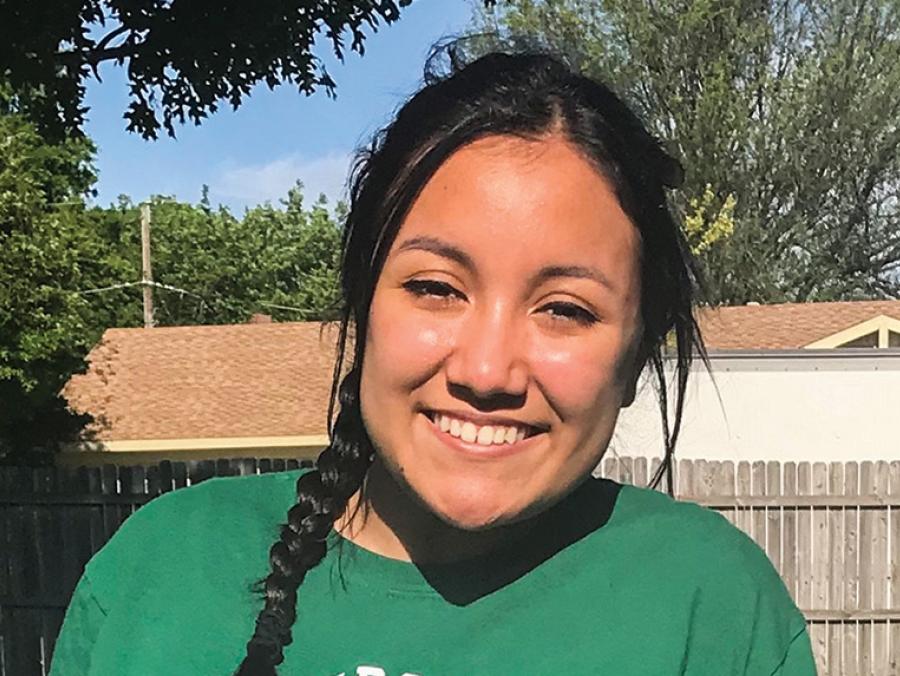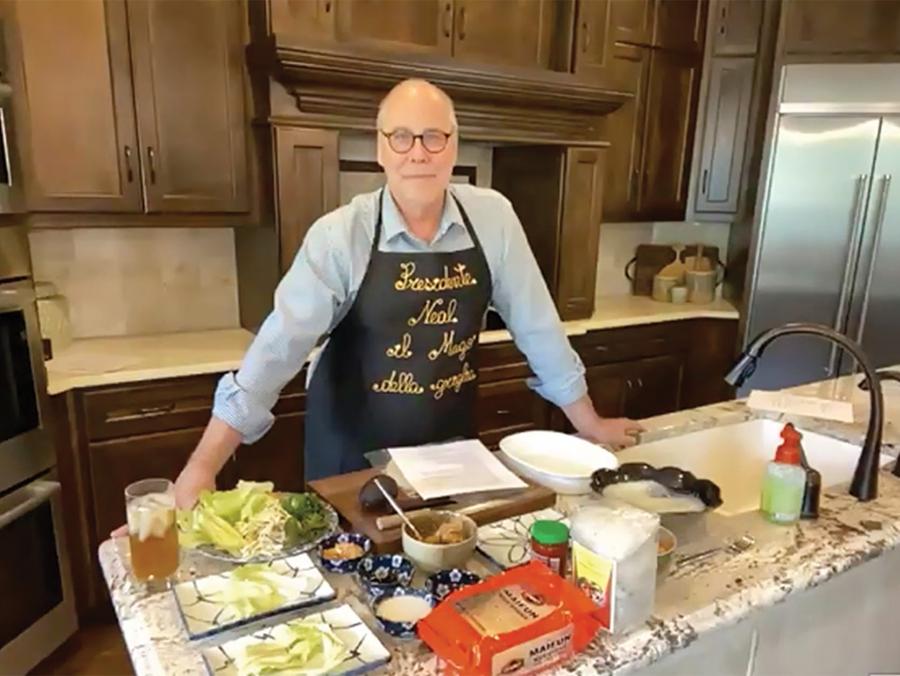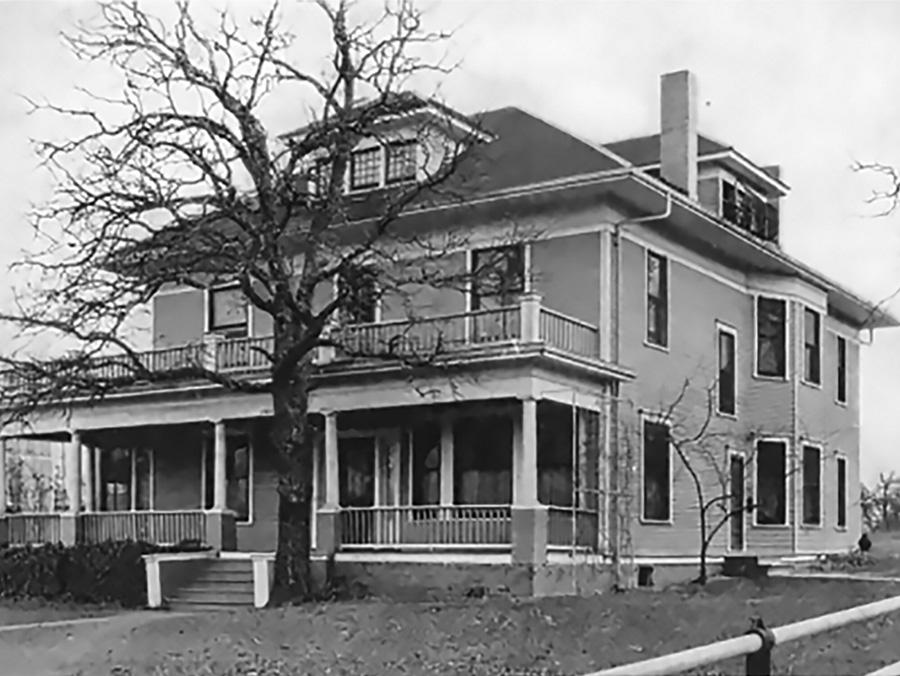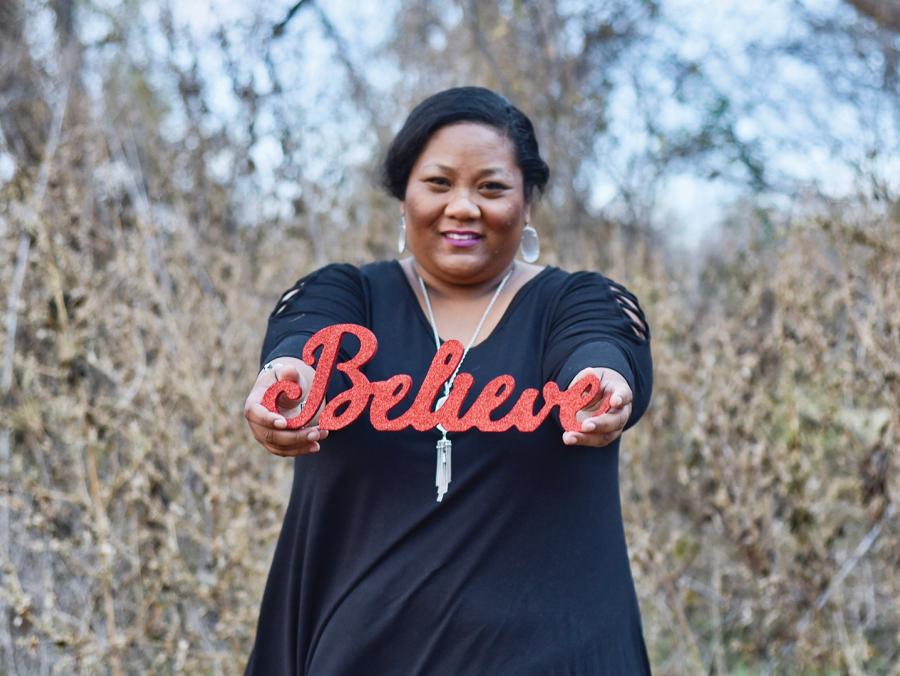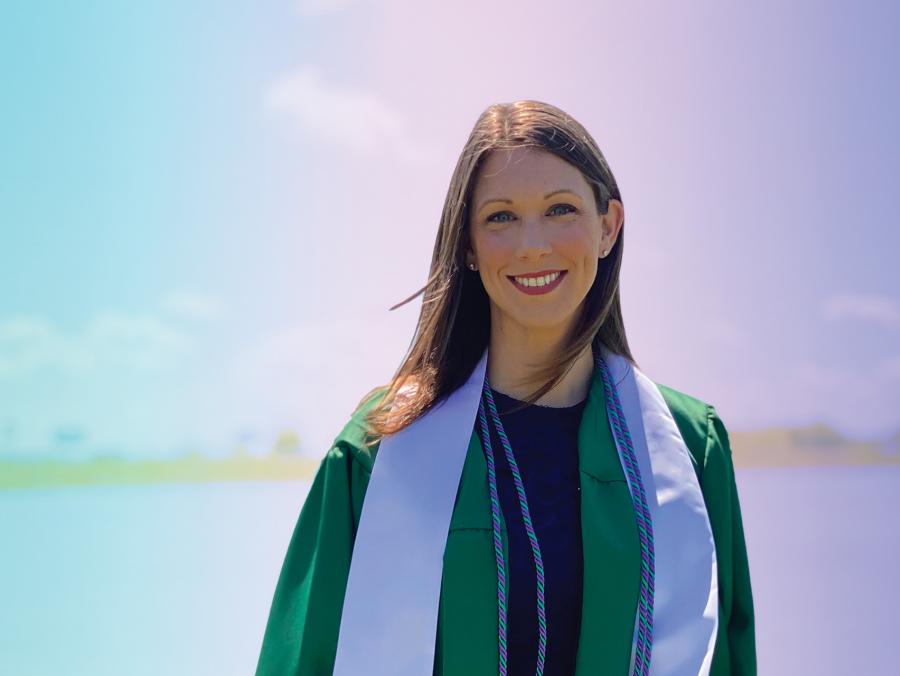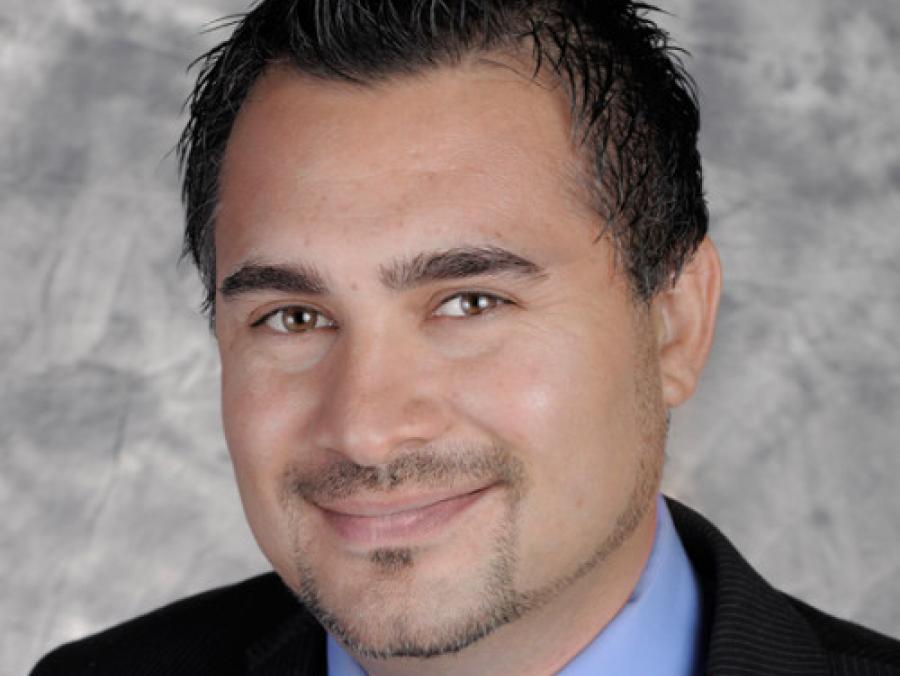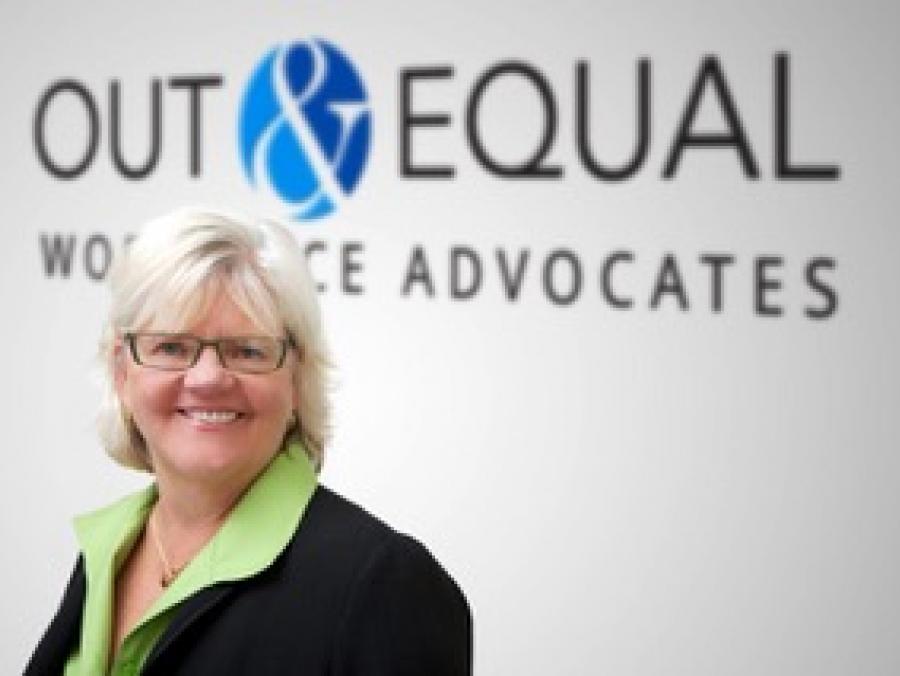renda Sweeten had barely been at UNT two years when a graduate assistant in the Department of Social Work passed along an essay penned by a friend. The piece, titled "Why I Don't Want to Be Adopted," chronicled its author's 11-year odyssey through the foster care system. The details were heartrending.
Removed from his parents' home as a toddler. Separated from his six siblings. Six different foster homes before the age of 5. A failed adoption, marred by emotional and physical abuse. Fourteen more foster homes. Then, at 13, a successful adoption -- one that required a gradual rebuilding of eroded trust.
Sweeten, a clinical associate professor of social work who had previously spent 12 years as a program director with CASA of Denton County, had a soft spot for youth in foster care and a steely determination to find the resources they needed. She knew she had to meet the essay's writer -- a UNT newcomer named Jackie Davis ('15). Around the same time, she had read another personal narrative -- this one written by Krystal Hamilton ('13) as part of her application to the social work program -- that told a similar story of a childhood spent in and out of foster care.
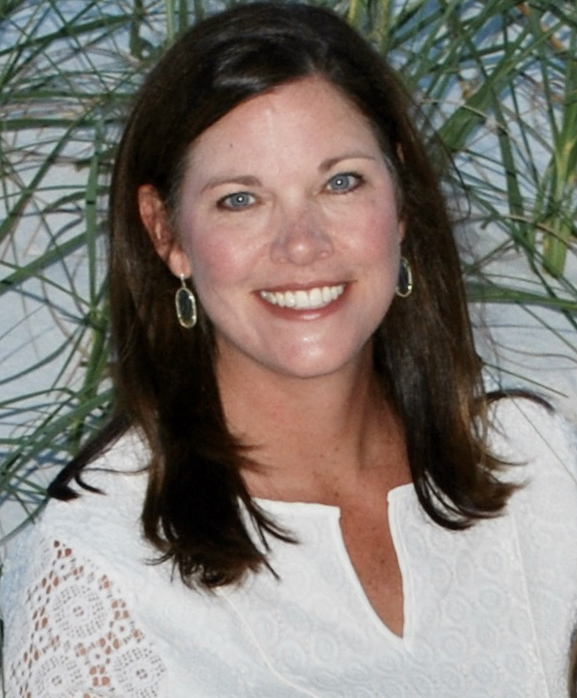
Sweeten invited Davis and Hamilton to her office. She knew it was risky, but she had a proposal. And if they were receptive, the payoff could be huge.
"I wasn't sure what kind of feelings that meeting might elicit -- if they would say, 'This is my past, and you don't have any business talking about it,'" Sweeten says. "I said, 'Look, I don't want to freak you guys out, and you can definitely tell me no, but what would you think about starting a program at UNT that supports foster care alumni?' "
Their response? "Absolutely."
And that's how, eight years ago, UNT's Persevere Until Success Happens (PUSH) program was born. Now housed within UNT's Division of Student Affairs, PUSH's objectives include recruiting and graduating students who have experienced foster care or homelessness, and connecting them with campus and community resources. What started out with a handful of members has grown to 50, with a network of nearly 200 students and alumni.
PUSH members have told their stories at state and national conferences, such as ones sponsored by the Texas Department of Family and Protective Services (TDFPS), and their candor has helped secure some desperately needed donations. Over the past few years, PUSH has received a $40,000 King Foundation Grant and an $85,000 Santander Foundation grant to support youth transitioning from foster care into higher education.
"Foster care alumni are among our most vulnerable populations on campus -- the outcomes for them can be very sobering," Sweeten says. "It's important that they know we care about what happened to them and that what they want matters."
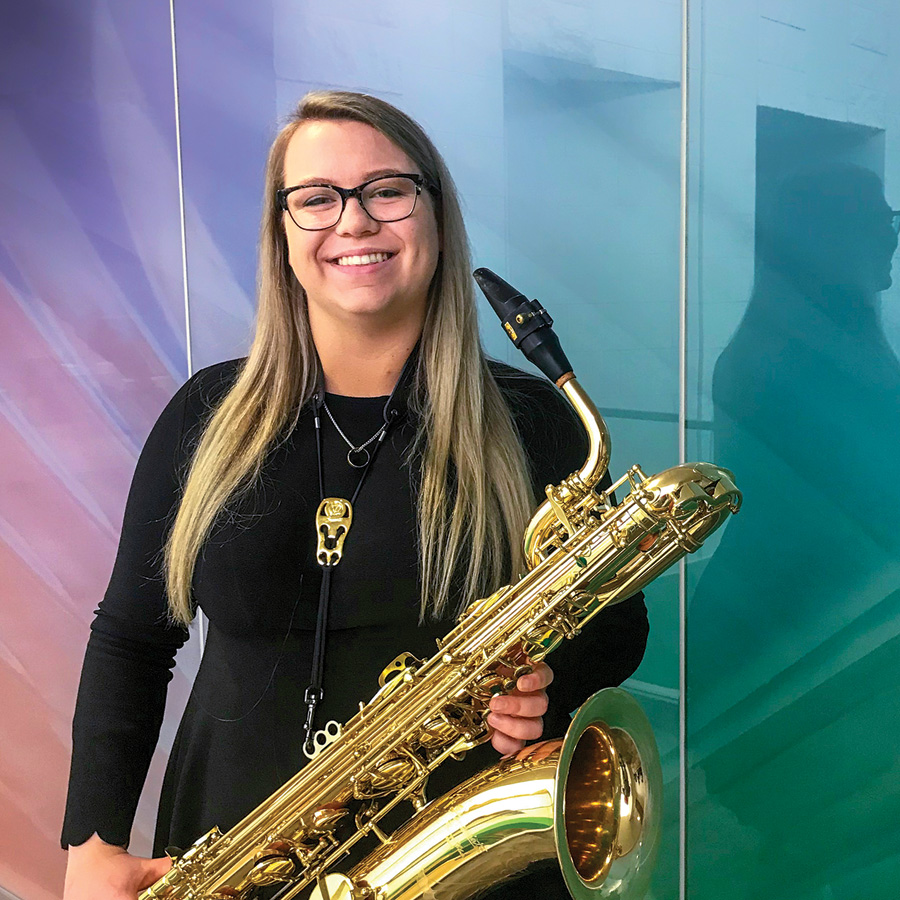
Ever since she entered the foster care system at 16, Beige Cowell knew the statistics. Nearly 70% of kids in foster care say they want to go to college. Only 3% actually graduate.
That's why, when PUSH extended its hand after she arrived at UNT this fall, she accepted. The group sent care packages to her dorm filled with toiletries and other household products -- "things I wouldn't have realized I needed if they hadn't helped out," she says. Tuition for foster care alumni is covered under TDFPS' State College Tuition Waiver, but PUSH helped Cowell with textbook costs. Throughout the year, she attended pop-up meetings and potlucks where PUSH participants dine with members of UNT's Osher Lifelong Learning Institute.
"It's always difficult to ask for things -- being part of the system, you take what people give you, and you don't really ask for more," Cowell says. "UNT having an organization like this that has so much faculty and community involvement makes it to where there's no negative stigma around foster care. I'm excited to walk around campus wearing my PUSH shirt."
In her first year, Cowell has done exceptionally well -- the music composition major is UNT's first female marching baritone saxophone player and a member of the Composers Forum. She, along with a group of peers that includes another PUSH member, helped start a student organization called Music and Media, which connects musical composition with other artistic disciplines.
It was ensuring those kinds of success stories that prompted Davis' and Hamilton's yes to Sweeten's idea back in 2012. Hamilton in particular understood the challenges foster care alums face when attending college. Fiercely independent, she'd always excelled academically and never doubted she was headed to a university. Still, there were roadblocks. She'd started out at Prairie View A&M, but after a mishap with her tuition waiver -- and no organization like PUSH to turn to -- she transferred to Tarrant County Community College before eventually enrolling at UNT.
“Even as independent as I was, I encountered setbacks and the frustration of not having the adequate resources that would have made my transition to college a lot easier,” says Hamilton, now a licensed Realtor who went on to earn four college degrees, including a B.S.W. from UNT. “I was able to push through the challenges, but I knew there were hundreds of kids who had experienced the same thing but didn’t have the same success story. I felt like it was important to provide the necessary support to adults transitioning out of the foster care system at UNT.”
Hamilton, Davis and Sweeten called a meeting to introduce potential members and campus supporters to PUSH. They chose Hamilton as the group's first president.
"Being able to go to college and meet other people who have gone through the same situation as you provides a sense of security and a level of normalcy," Hamilton says. "That support system means more than money, a car, clothes. It means everything."
And she was determined to get the word out. Fortunately, she had an exceedingly persuasive voice serving as vice president -- Davis.

One of the first people PUSH reached out to about joining was Xavier Hicks ('14). Back then, he says, he was "closed off" and worried membership might mean opening up about his past.
"I didn't really know anyone else who had gone through foster care or was adopted," says Hicks, now a social worker with Fort Worth ISD. "So I was actually kind of ashamed of it."
Then one day, Davis invited Hicks to a local McDonald's. They talked for hours, and once Davis told the story of his own turbulent upbringing -- and the freedom that came from sharing it -- Hicks was sold.
"Learning to talk about my experience has helped me work through a lot of the issues I have -- things that I'm going to be dealing with for a very, very long time," Hicks says. "But when people care about your perspective, you want to open up."
Neither Sweeten nor Hamilton were surprised by Hicks' change of heart. They'd seen how Davis could shift the tenor of a conversation, like when he moved a room full of 400 CPS workers to tears at a regional CPS Conservatorship Conference.
"I've always felt there's not enough light shined on kids who come from where I come from," says Davis, who now serves as a CASA supervisor and -- unsurprisingly -- a public speaker. "It's important for people to see both sides of the story -- not just the pain we've endured, but also the courage and resilience that allowed us to overcome it."
That's also the message he delivered to an audience of thousands when he was asked by his dean to be the commencement speaker at his own UNT graduation in 2015. We didn't just come here to get a degree, he remembers telling them. We came here to make change. It doesn't stop here. It's just the beginning.
"Sometimes I get choked up about it, because as a child, I didn't see myself being where I am now," says Davis, who previously worked at Cumberland Presbyterian Children's Home. "But I also give credit to the people who helped me get to where I am. They gave me the same things that I've always tried to give others. That same hope. That same love. That same push."
With more than 180 foster care alums at UNT eligible for services, and more students dealing with homelessness, that type of support remains crucial. Sweeten would love to one day take steps toward forming more partnerships with other philanthropic organizations and establishing a designated PUSH coordinator on campus.
"I have a lot of hopes and dreams -- I've always had a really big vision for how I want this program to look," she says. "But one thing that helps is how our PUSH alumni reach out to ask if any of our students need anything. Those initial students always wanted to pay it forward -- and they have."



